One third of households in North Carolina rely on well water. Unlike municipal water sources the responsibility to monitor and control water quality lies with the well owner. The ECUIPP lab is developing easy to use, accurate, low-cost test kits to assess lead, arsenic, and E Coli in well water. The long-term goal is to develop a science-based curriculum to ensure all North Carolina students with private wells learn how to monitor their own drinking water.

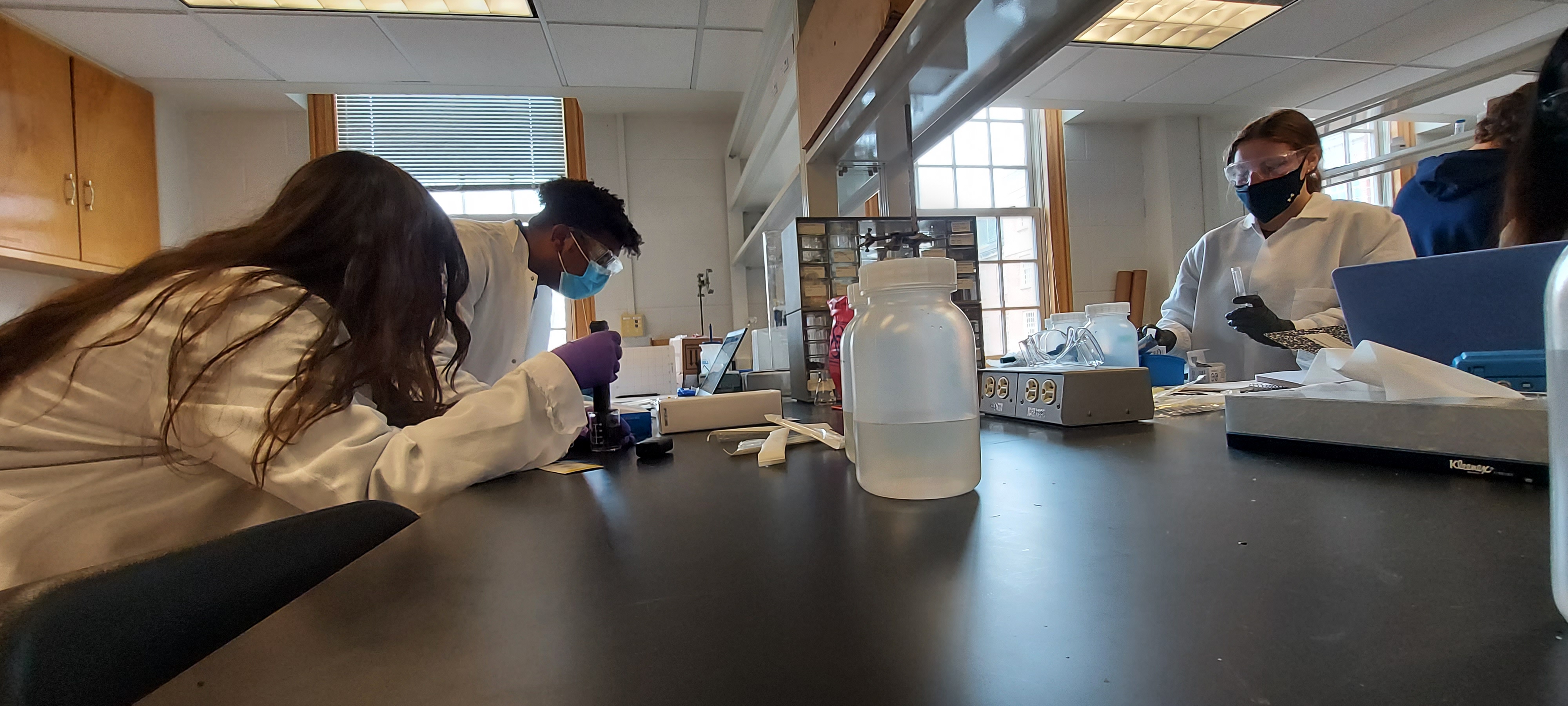
Turbidity is a measure of relative clarity of water. Sudden changes in the turbidity (clearness) of water can indicate possible changes in water quality. ECUIPP students are developing low-cost methods to assess drinking water turbidity that will be made assessable to North Carolina residents.
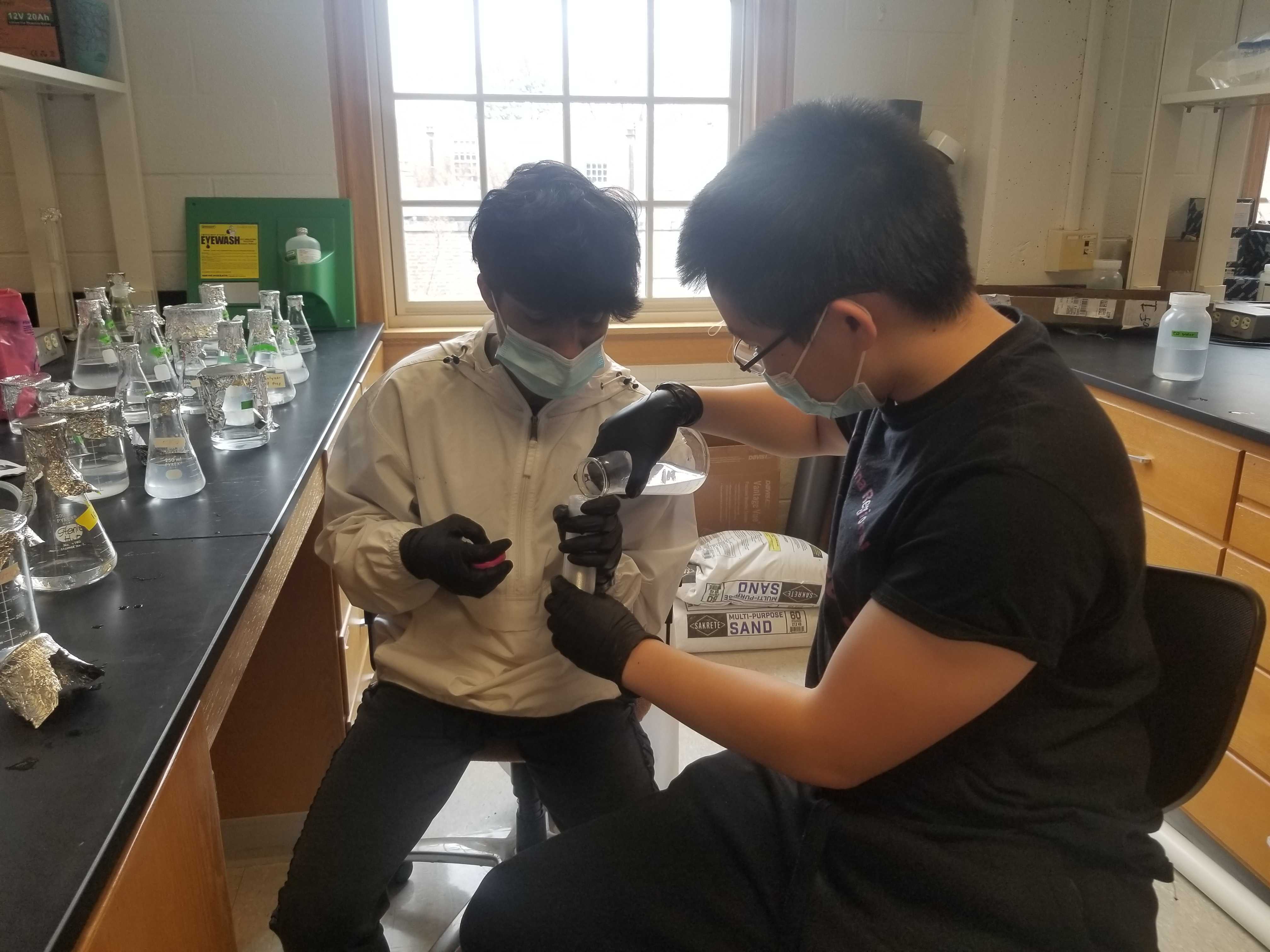
We are developing an inexpensive and accurate turbidity meter. Our meter will use cellphone captured digital images that analyzed to assess turbidity (0 - 40 NTU) using artificial intelligence.
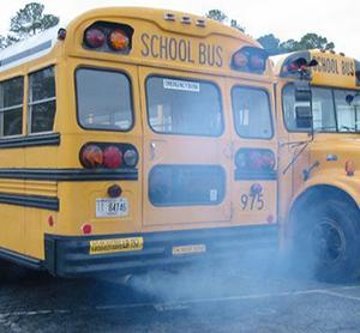
I am working on investigating the impact of exhaust from school buses idling on the indoor and ambient (outdoor) air quality at the schools and community centers in Robeson County. I am also researching known effects of exhaust on children’s health and seeking efficient measures that can minimize these effects.

The ECUIPP lab in collaboration with Drs. Anne Weaver, Jada Brooks and Radhika Dinghra, and Robeson County residents have developed an ambient air quality monitoring network. The network measures PM2.5 using Purple Air Sensors located at Lumbee Tribe Boys and Girls clubs. The data collected by the network is use to assess environmental quality and attributable health impacts for the people of Robeson County.

The ECUIPP lab runs an ambient air pollution monitoring network in Robeson County, NC. My project is to convert our monitoring network from line to solar power. I am also working to ensure we remote data access through a wireless . My primary goal is to improve the air quality network so the people of Robeson County and our community partners have a better understanding of their air quality.

My project is the development of a standardized solar panel kit that is able to power the air quality monitoring network in Robeson County. Off gird monitors will ensure proper siting for accurate measurements. In addition the standardized kit will facilitate collaboration of our community partner in expanding the network with additional sensors.
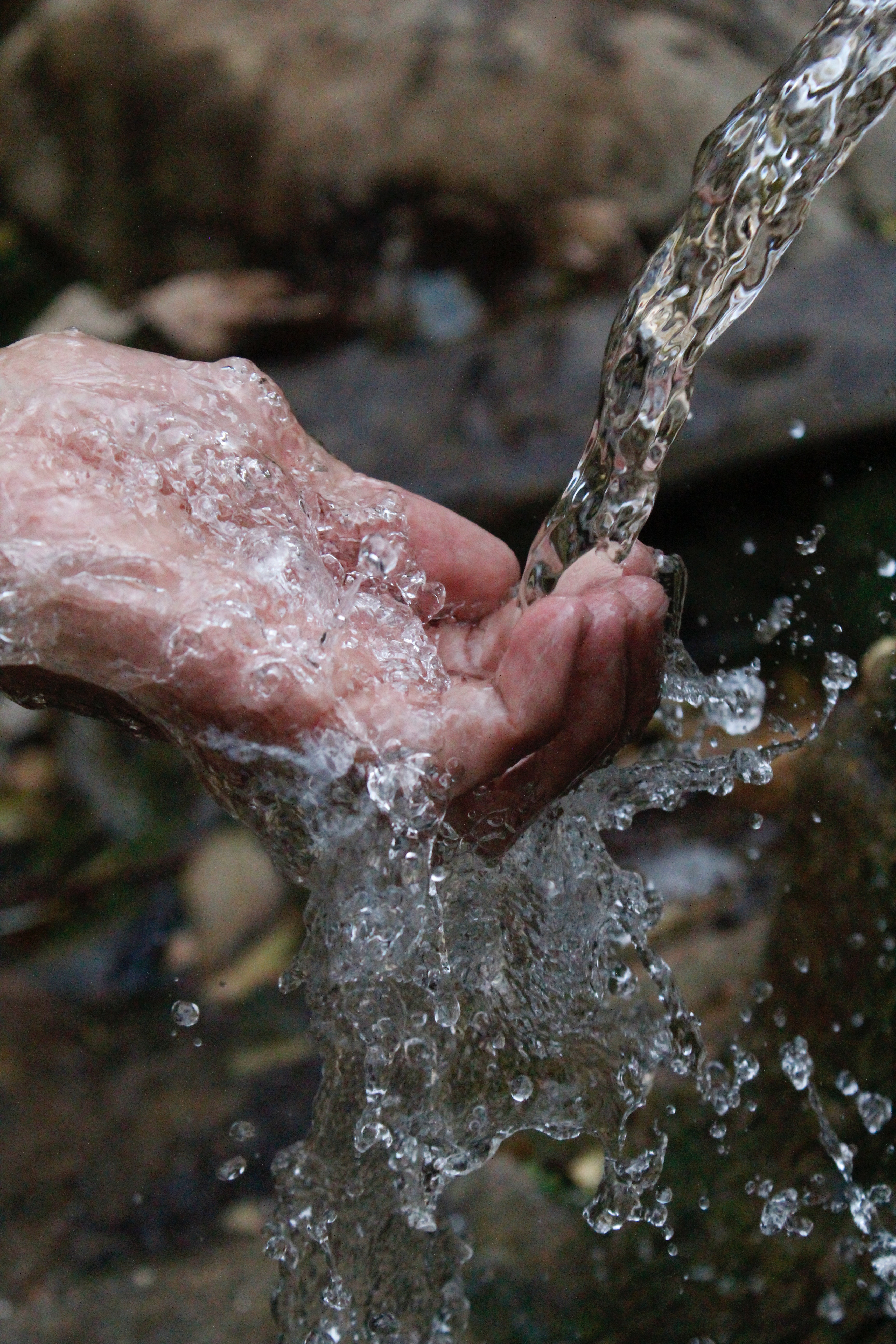
Roughly 1/3 of North Carolina's population relies on well water. Unlike municipal water source, assessment and protection of well water quality is the responsibility of the well owner. Water quality testing can be expensive making it inaccessible for many North Carolinians.
Commercially available low-cost lead, arsenic, and E. Coli testing methods are being evaluated to determine accuracy and ease of use. The results will be used to determine the most suitable test methods to include in an affordable, reliable, and user-friendly well water test kit for teachers and grade-school children as a component of a short educational segment and drinking water testing program.
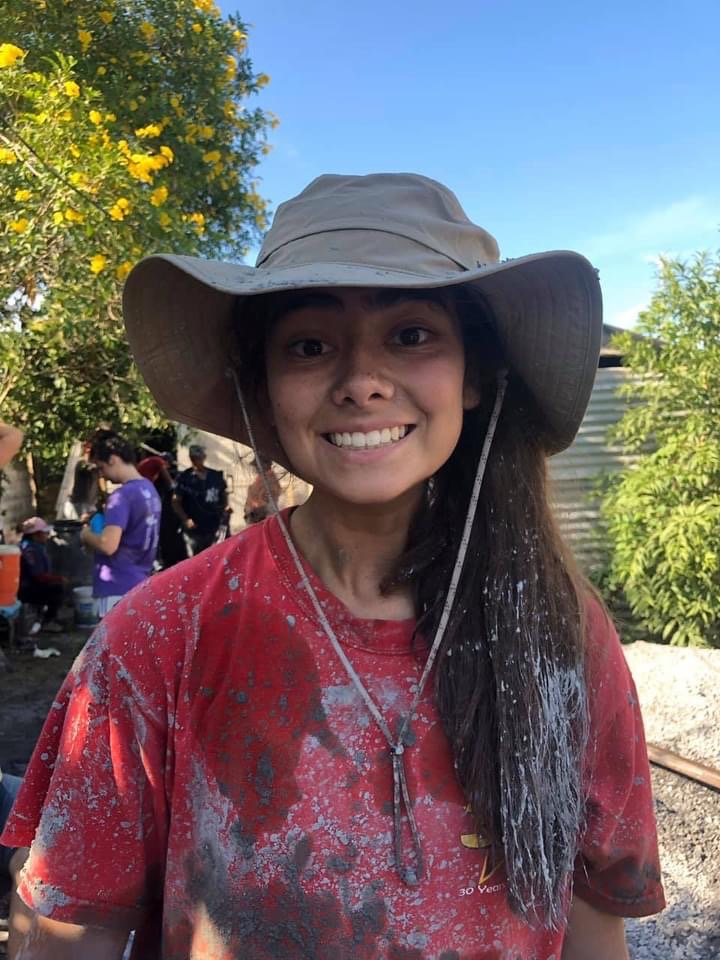
I am working to evaluate E. coli tests for at home water quality testing. North Carolina has a large population of private well water users that rely on private water quality testing. In order to increase water quality accessibility to this population we hope to identify an optimal at home E. coli test that is both specific, sensitive and easy to use. . This identification could be used to aid other projects working to develop low-cost water quality testing kits and improve citizen science overall
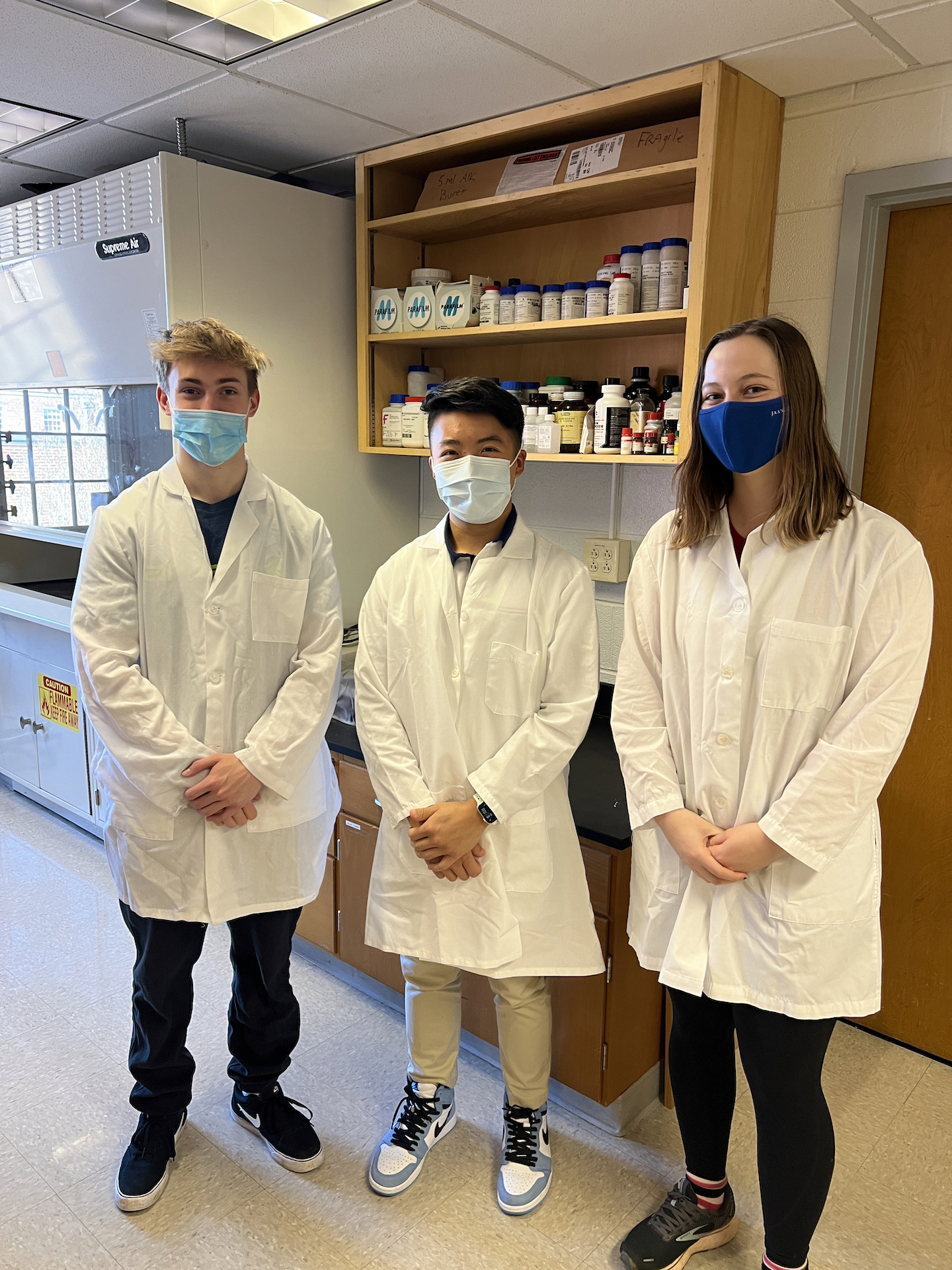
Our project aims to provide eastern North Carolina water quality test kits as a part of a middle-school curriculum to engage students’ interests and educate them about the importance of drinking water testing. Lead, arsenic, and E. Coli testing methods are being assessed to identify suitable low cost water quality test using parameter including accuracy, cost, reliability, and ease of use.
Our project aims to create a comprehensive ease -of-use survey that can be used to evaluate the accessibility water quality testing kits for contaminants, including E. coli and heavy metals such as manganese. lead and arsenic. In doing so, we hope to identify the user-friendly water testing kits and identify simple changes that can increase accessibility and, increase well-water testing in local communities.